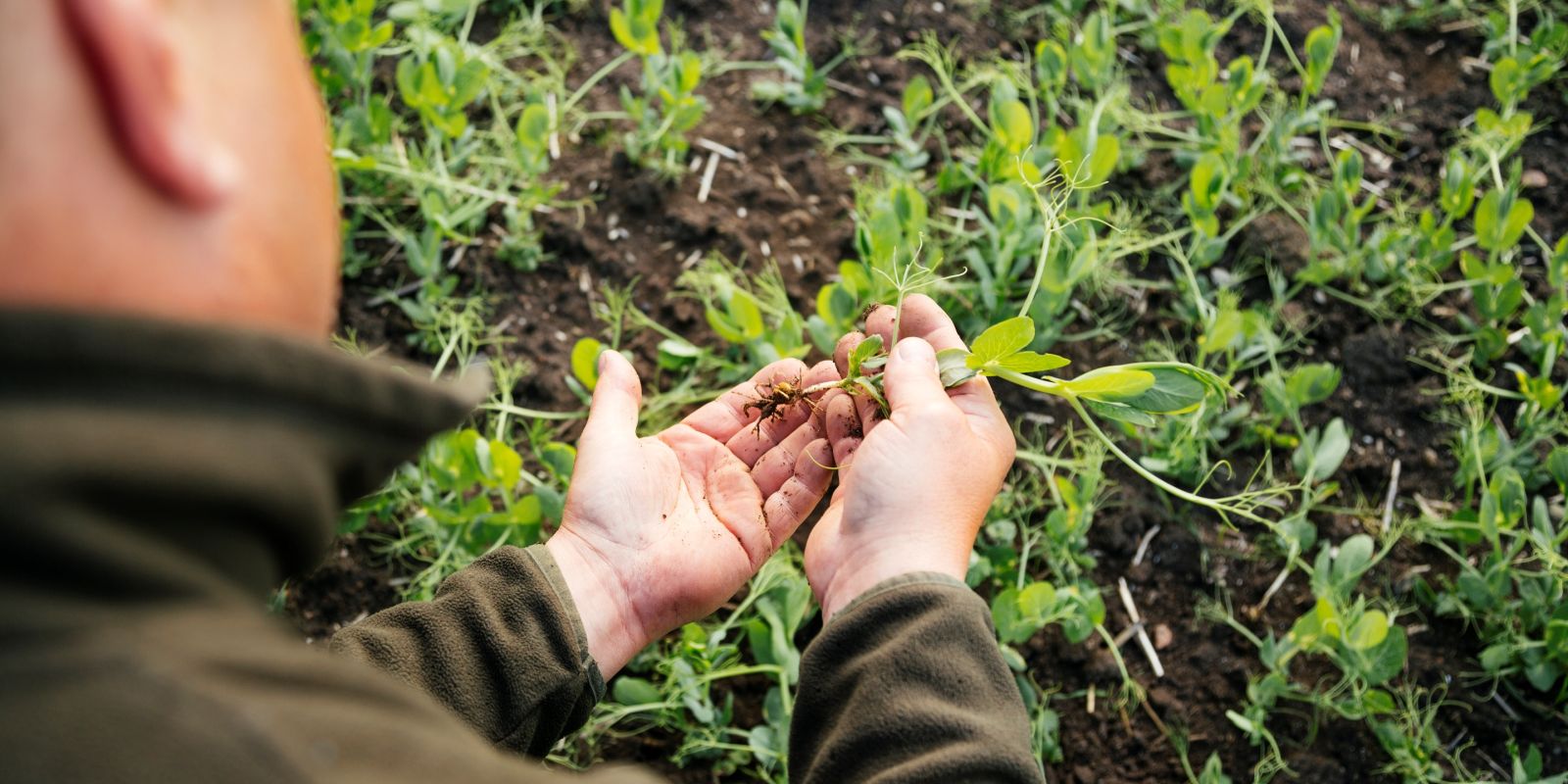GREEN FERTILISERS APPROVED
Recycled Crop Nutrients, part of SmartFert Ltd, a Lincolnshire business working on green fertilisers, had its first two products approved for use in organic systems.
Founded in 2020, RCN is on a mission to reduce waste and the UK’s reliance on imported fertilisers by creating high-value fertiliser-like products from low-value residues sourced from biosolids, bioenergy, and mining sectors.
The founder Robin Watchorn is passionate about reducing the environmental impact of farming and food production in a commercially viable way. He is a global innovator in formulating high-quality, green, nutrient-rich products to provide performance akin to conventional synthetic fertilisers. He relies on over 50 years’ experience in the fertiliser industry including manufacturing, sales and marketing, importing/exporting, port operations and crop nutrition.
Two of their best-selling bulk spreader products BioAsh (derived from straw ash) and Soil Conditioner (derived from Marl and British gypsum) have recently been approved by OF&G for use in organic systems, with several other products in the pipeline for approval. This adds two high quality and cost-effective alternative products available for organic farmers and growers, and attests to the business' commitment to sustainability, environmental responsibility, and healthy ecosystems. Adding to the bulk spreader products, SmartFert’s product range further includes a number of granular fertilisers (2-5 mm) that spread up to 36 m, and new products keep being developed and available for eco-conscious farming businesses.
“Being part of the Barclays Eagle Labs and the University of Lincoln’s Riseholme Park has been very positive for us as a business working for the farming community – Riseholme is a well-known and reputable address for the older generation of farmers and still very dynamic with the new generation. We routinely encounter farmers and agronomists working towards their BASIS and FACTS qualifications and other training and networking opportunities organised by the University and the Barclays Eagle Labs – with a number of collaborative projects having already spun out of these visits.” Robin Watchorn



